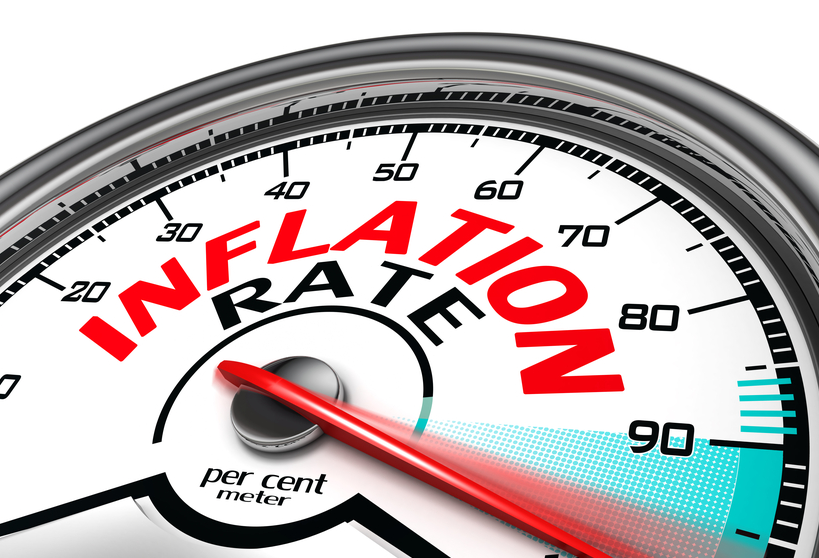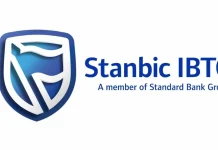Nigeria’s headline inflation rate has dropped to 24.48% in January 2025, following a rebasing of the Consumer Price Index (CPI) by the National Bureau of Statistics (NBS). This rebasing exercise introduced significant changes, including improved calculation methods, an expanded list of goods and services, and an updated base year that better reflects current economic conditions.
Before the rebasing, Nigeria’s inflation rate was recorded at 34.80% in December 2024. However, with the new adjustments, the Statistician-General of the Federation, Adeyemi Adeniran, announced on Tuesday that the inflation rate has now fallen to 24.48%.
The CPI, which measures the rate at which the prices of goods and services change over time, showed that urban inflation stood at 26.09%, while rural inflation was slightly lower at 22.15%. The rebasing process essentially updated the “basket” of goods and services used to track inflation, making it more representative of the spending habits of Nigerian consumers.
According to the new data, food inflation in January was recorded at 26.08%, a notable decline from 39.84% in December 2024. Similarly, the core inflation rate, which excludes the prices of agricultural produce and energy, was reported at 22.59%.
The NBS explained that the rebased CPI more accurately reflects inflationary pressures and consumption trends in Nigeria. The previous base year used for calculating inflation was outdated, and the bureau opted to set 2024 as the new reference year to ensure better accuracy in economic reporting.
Inflation has been on the rise due to the removal of fuel subsidies and the devaluation of the Nigerian naira under President Bola Tinubu’s administration. These economic reforms, although painful in the short term, are expected to stabilize the country’s financial situation and promote long-term growth.













